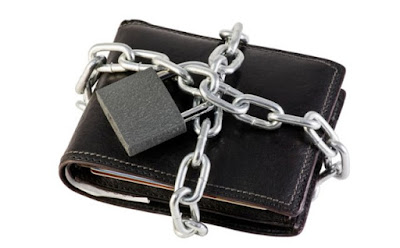Sweden's nearly Cashless Society
Is a cashless society a good thing?
Certainly, it is convenient. If you only need to worry about carrying around a credit or debit card, you will never be without purchasing power. Cards are lightweight and easy to carry around.
According to the BBC, only 1% of the value of transactions in Sweden were cash last year. That compares to about 7% in the US and UK, which is a fairly significant difference.
I see three potential drawbacks of doing away with cash. They are:
1) It can increase the cost of doing business for the merchant. Typically credit card companies take a percentage of the value of the transactions, of which the merchant has the absorb. These costs will typically be passed on to the consumer. (Debit cards can also cost the consumer if they go over their plan limits).
2) Privacy. Recently, hackers stole the personal information of more than 140 million Americans from Equifax. This includes social insurance numbers, addresses, birthdays, and very private financial information. Experts say that there are going to be some "unfortunate stories" to come from the hack.
If all your purchase history can be hacked, this can potentially aid those working on identity theft, and that is a concern.
3) What happens if there is a system outage? How would anyone pay for anything? We like to think these systems are impenetrable, but the reality is they are not. Cash is a convenient backup.
While I do not see Cash being eliminated altogether in the immediate future, it will be interesting to see if it is eventually done away with altogether.
By Rick Sturch




Comments
Post a Comment